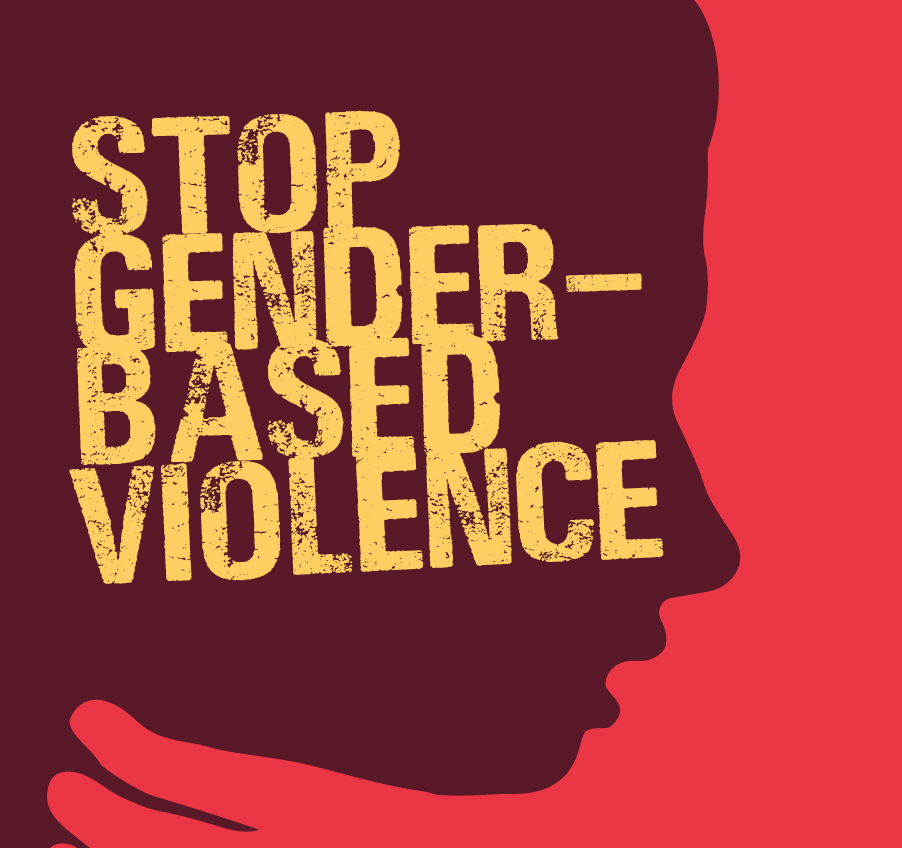GENDER activists have urged victims of gender-based violence (GBV) to speak out so as to get the necessary assistance in time.
This comes as the entire globe recently commemorated the 16 Days Against GBV during which numerous campaigns and discussions were held to combat the problem.
Speaking at an online GBV awareness campaign recently, Zimbabwe Women Lawyers Association (ZWLA) director Abigail Matsvayi said it was crucial for women to speak out so that they avoid pre-mature death.
“It is sad to note that many times when violence occurs women don’t necessarily report. Yes, the statistics state that one in three women succumb to violence, but those are just the reported cases,” Matsvayi said.
“The majority of times women do not report. They tend to think that the violence is going to stop. They tend to fear segregation and persecution by society. Then there is the normal saying that women should stick it out. They are told by family that they cannot just stand up and say what is going on.
“They are told that they are not the first woman to experience abuse, and that they will be castigated if they report. So, there are many misconceptions out there that have an impact on women’s capacity and ability to actually report.
“These misconceptions and cultural perspectives affect one’s ability to even report, notwithstanding that the violence does happen in the home and it can even escalate.
“Many times, it leads to one’s death for example in extreme cases when it goes on without being reported for a long time.
“Most times survivors of GBV tell you that this is not the first incident. They will tell you that it started off as a punch, perhaps a little shove here and there and eventually escalated over time and the reports usually come when it becomes drastic yet it could have been stopped at its infancy.”
Chipo Dekeza, a gender champion and social worker, said the problem is that it is naturally hard for GBV victims to leave abusers.
“It’s never easy to leave. I used to think that the abused woman is the one who doesn’t have the financial capacity. But then you realise even the woman who is educated, who is empowered still gets abused,” Dekeza said.
“So, it’s the way we were socialised as women. You will be thinking the person who is abusing you is going to change. Also, with people who are abusive the thing is they pretend. After beating you, he will buy you flowers, so you are in constant confusion and most victims will start blaming themselves for the abuse they are experiencing.
“It’s also never easy because usually there is no support from home, aunts will tell you to be strong and stay in the marriage.”
When asked about the way forward in addressing GBV, Matsvayi said despite the ongoing cases, it is important to acknowledge the gains that have been made.
“In terms of the increasing statistics, the first point is to celebrate the women that have managed to take a stand against the violence because when we are all coming from a place that used to condone GBV but now women are daring to break the culture of silence, and that is a positive stride,” she said.
“However, we should look beyond the strides that have been made and find ways of how we can change the actual abusive behaviour, or prevent the violence from occurring. A lot of educating individuals and communities on GBV is needed.
by
Hazel Marimbiza
in BULAWAYO
